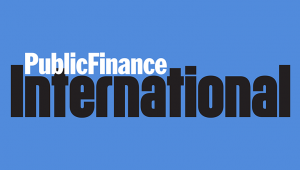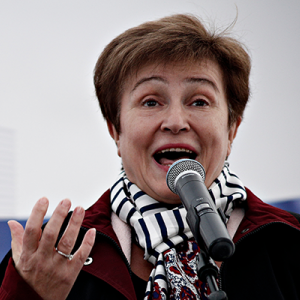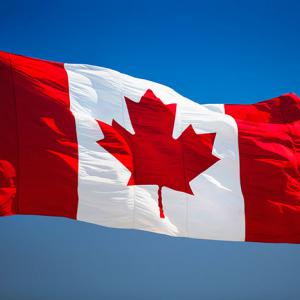By Judith Ugwumadu | 2 October 2014
British MPs have called for cuts in UK aid for Sierra Leone and Liberia to be reversed, warning that the reductions were ‘wrong’ and ‘unwise’ and had compromised the fight against Ebola.
In a wide-ranging report, the Commons International Development Committee claimed that government cuts to the bilateral aid budget made before the Ebola outbreak took hold had probably made the situation worse. The MPs said the epidemic demonstrated the dangers of the international community ‘ignoring the least developed countries in the world’.
Department for International Development aid to Sierra Leone and Liberia is to be cut by £14.5m or 18% by 2015/16, the IDC said.
The committee’s Recovery and development in Sierra Leone and Liberia report, noted that Sierra Leoneans and Liberians were already living in extreme poverty, lying 11th and 12th from the bottom of the Human Development Index and are expected to miss most of the Millennium Development Goals.
IDC chair Malcolm Bruce said: ‘The scale of the Ebola crisis now unfolding in Sierra Leone and Liberia, may well be connected to declining levels of international support for health system improvements in what remain two of the poorest and least developed countries in the world.
‘In the midst of this devastating epidemic, and at a time when the UK has reached its 0.7% target for overseas development assistance, it is wrong for the UK to cut its support to these two countries by nearly a fifth.
‘The planned termination of further UK funding to the Liberian health sector is especially unwise.’
The committee also found that DFID had shifted its focus to prioritise things like economic development and, because of increased pressures from the UK Treasury, begun to use different sorts of financing instruments, such as returnable loans or equity as opposed to traditional grants.
However, Bruce said the UK should be proud of the work DFID had done to help deliver many improvements in Sierra Leone and Liberia following the civil wars in both countries. He also noted the ‘extra support’ DFID had provided since its report.
Bruce said: ‘We believe that this work should continue through bilateral aid programmes.’
The committee has called on DFID to maintain its work in such countries as international attention focuses elsewhere.
‘DFID donates 16% of its total budget via the European Union, so ministers must take a closer interest in where UK money is going and whether it is being spent as intended. Yet neither the EU itself nor DFID seem to be concerned about how much of the work they recently funded has been undone through this failure to distribute ongoing support,’ he added.
Commenting on the findings, DFID said the report was ‘out of date’.
A spokesman said: ‘Britain remains the largest bilateral donor to Sierra Leone and we are leading the international response to this unprecedented outbreak through a £125m pledge to contain, control and defeat this disease.’
Today, the Defeating Ebola in Sierra Leone conference is taking place at Lancaster House, London. It is jointly held by the UK and Sierra Leone, to call on other governments and donors to join their international action plan to tackle the virus in the west African country.












